'Reverent Ornament: Art from the Islamic World' opens at the Columbia Museum of Art
COLUMBIA, SC.- The Columbia Museum of Art announces featured spring exhibition Reverent Ornament: Art from the Islamic World, on view Saturday, February 18, through Sunday, May 14, 2023. Organized by the Huntington Museum of Art and toured by International Arts & Artists, Washington, D.C., the exhibition offers some 45 works with which to explore the arts and crafts traditions and scientific innovations of Iran, Egypt, India, Syria, and Turkey from the 10th to the 19th centuries.
What was in Western culture historically considered the Near Eastern world — roughly, a vast stretch of regions including India and the Asian countries to its west — is a vivid patchwork of many different peoples, languages, and traditions, with a history stretching back to Neolithic times. Comprising works of fine glassware, ceramics, metalwork, painting, weaponry, weaving, and much more, Reverent Ornament shares timeless Islamic art that celebrates everyday life, history, and culture.
The works, all of which come from the collection of Drs. Joseph and Omayma Touma, include objects meant for palaces as well as ordinary homes, evoking a rich vision of daily life and highlighting the humanism, scientific advancements, artistry, and reverence of the people who used and created them, many of whom belong to groups that have been historically maligned and misrepresented in much of Western culture. While these objects showcase the artistic output of a wide array of societies, they share certain visual commonalities shaped in part by the prevailing cultural and religious practices of Islam and cross-cultural exchange among many dynamic groups.
Though the vast stretch of regions that fall under the umbrella of the “Islamic world” were shaped to some extent by the practice of Islam, the region sometimes called SWANA (South and West Asia and North Africa) has always encompassed vibrant places where people from many religious groups intermingle. It is for this reason that the Toumas chose to include in their collection objects that reflect belief systems outside of the Muslim faith, to include copies of sacred Hindu texts and Christian icons. Such objects, like those for Christian or Jewish patrons, were at times created by Muslim craftspeople, again underscoring the fact that despite their different ways of worship, these groups have more that unites than divides them.
“While the individual pieces are dazzling in their elaborate ornament, the great strength of this exhibition is in its diversity and its power to open minds and reinforce connections,” says CMA Curator of Education Glenna Barlow. “Each of the works on view speaks volumes not only about the culture it came from but the connections between them — universal values of creative exploration, innovation, and reverence that unite us, all in objects that are beautiful to behold.”
Central Iran, Jug, late 13th century, underglaze-painted fritware. Collection of the Huntington Museum of Art, Gift of Drs. Joseph and Omayma Touma and family.
Iran, Tile, 14th century, underglaze-painted fritware. Collection of the Huntington Museum of Art, Gift of Drs. Joseph B. and Omayma Touma.
Egypt or Syria, Bowl, 19th century. Brass with silver and copper inlay. Collection of the Huntington Museum of Art, Gift of Drs. Joseph and Omayma Touma and family. Photo provided.
Iran, Qajar, Huqqa Base, 19th century, copper and painted enamel. Collection of the Huntington Museum of Art, Gift of Drs. Joseph B. and Omayma Touma.
Iran, Celestial Globe, 19th century, brass. Collection of the Huntington Museum of Art, Gift of Drs. Joseph B. and Omayma Touma.

/https%3A%2F%2Fprofilepics.canalblog.com%2Fprofilepics%2F1%2F0%2F100183.jpg)
/https%3A%2F%2Fstorage.canalblog.com%2F03%2F02%2F119589%2F96711876_o.jpg)
/https%3A%2F%2Fstorage.canalblog.com%2F11%2F31%2F119589%2F94773502_o.jpg)
/https%3A%2F%2Fstorage.canalblog.com%2F20%2F83%2F119589%2F94772815_o.jpg)
/https%3A%2F%2Fstorage.canalblog.com%2F26%2F72%2F119589%2F75604929_o.jpg)
/https%3A%2F%2Fstorage.canalblog.com%2F59%2F60%2F119589%2F26458628_o.jpg)
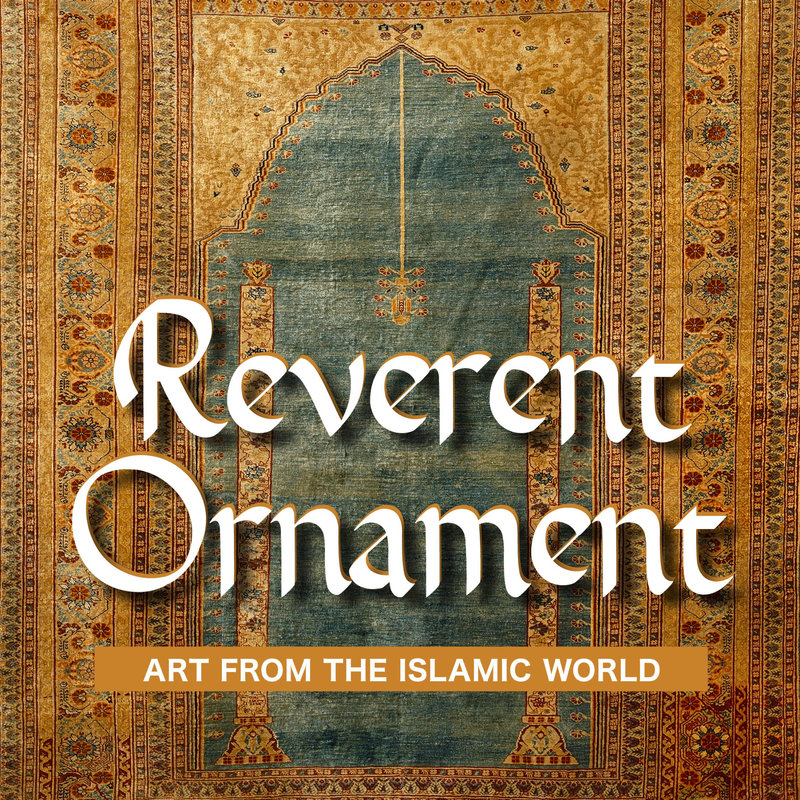

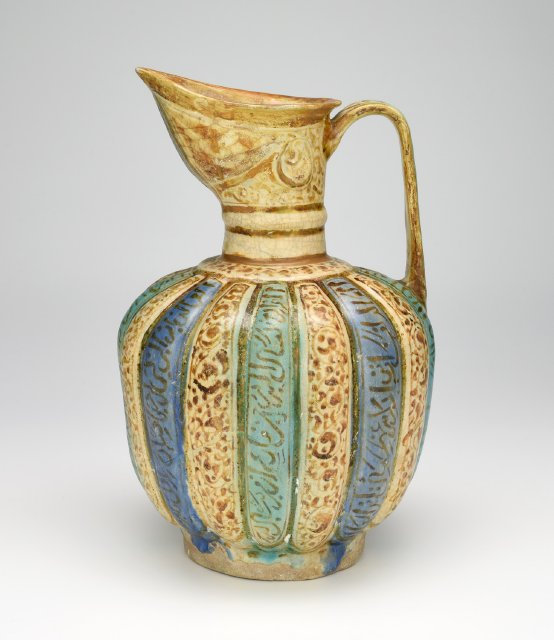

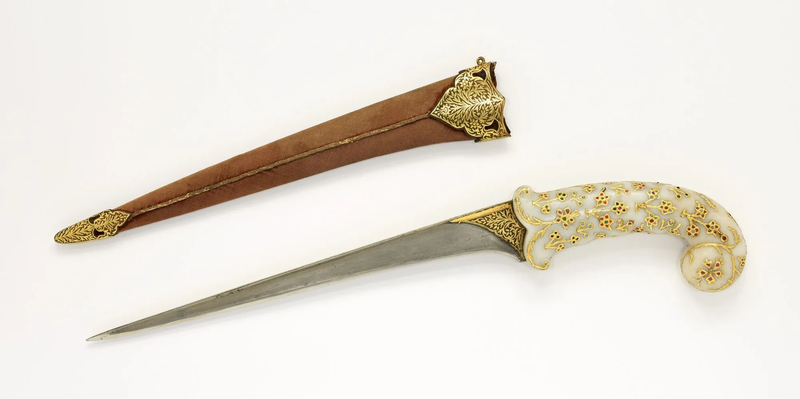


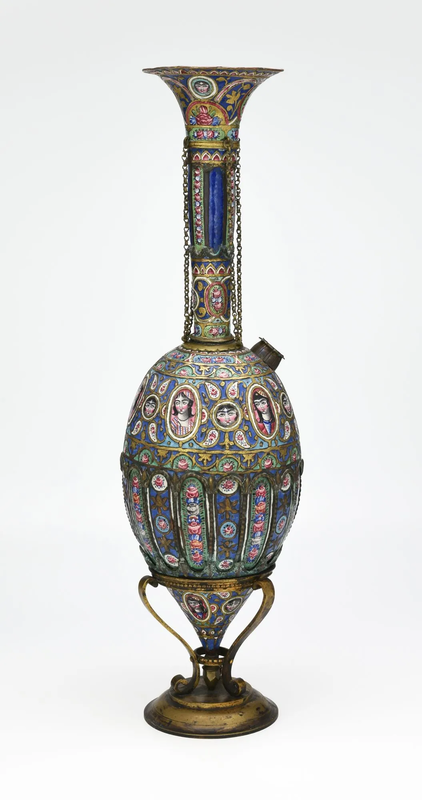
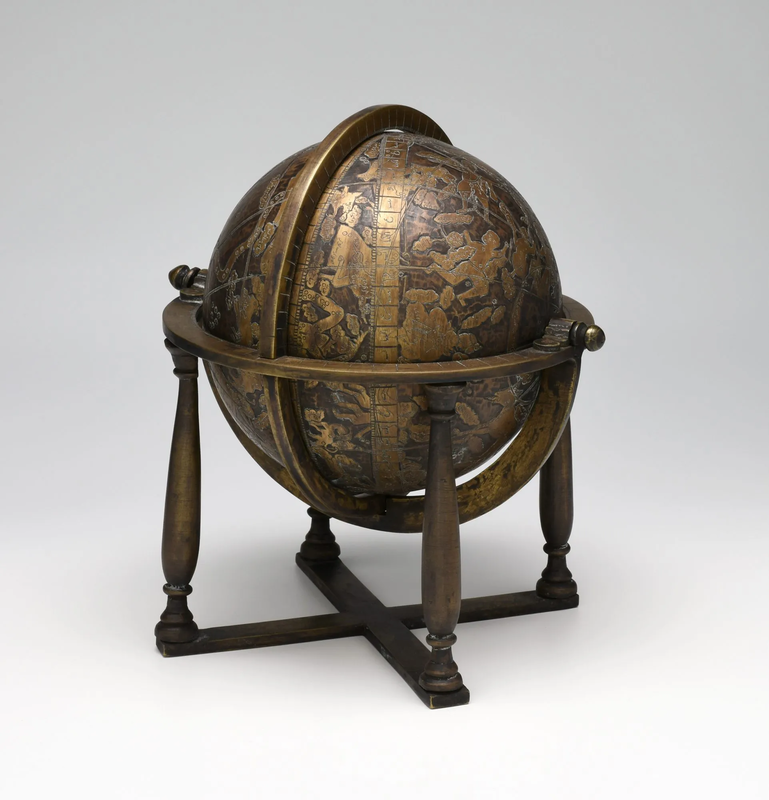

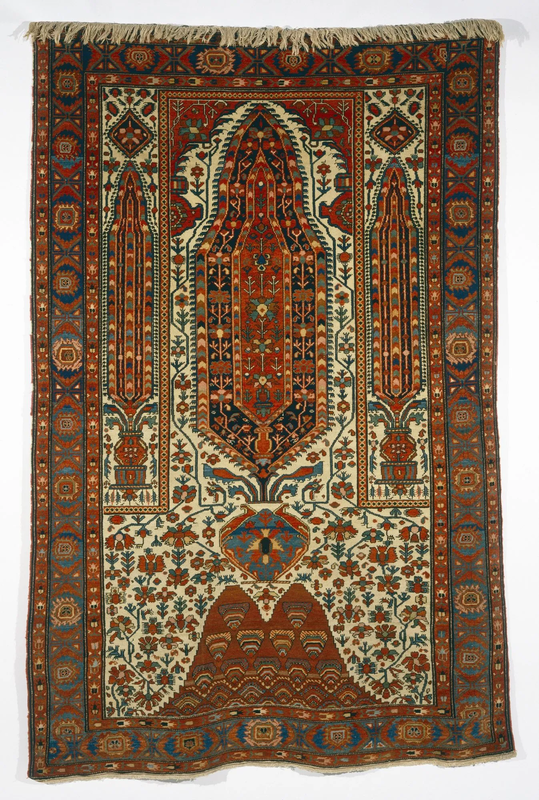


/http%3A%2F%2Fstorage.canalblog.com%2F06%2F39%2F119589%2F129007933_o.jpg)
/http%3A%2F%2Fstorage.canalblog.com%2F83%2F41%2F119589%2F128989180_o.jpg)
/http%3A%2F%2Fstorage.canalblog.com%2F65%2F49%2F119589%2F128551133_o.jpg)
/http%3A%2F%2Fstorage.canalblog.com%2F11%2F78%2F119589%2F126903004_o.jpg)